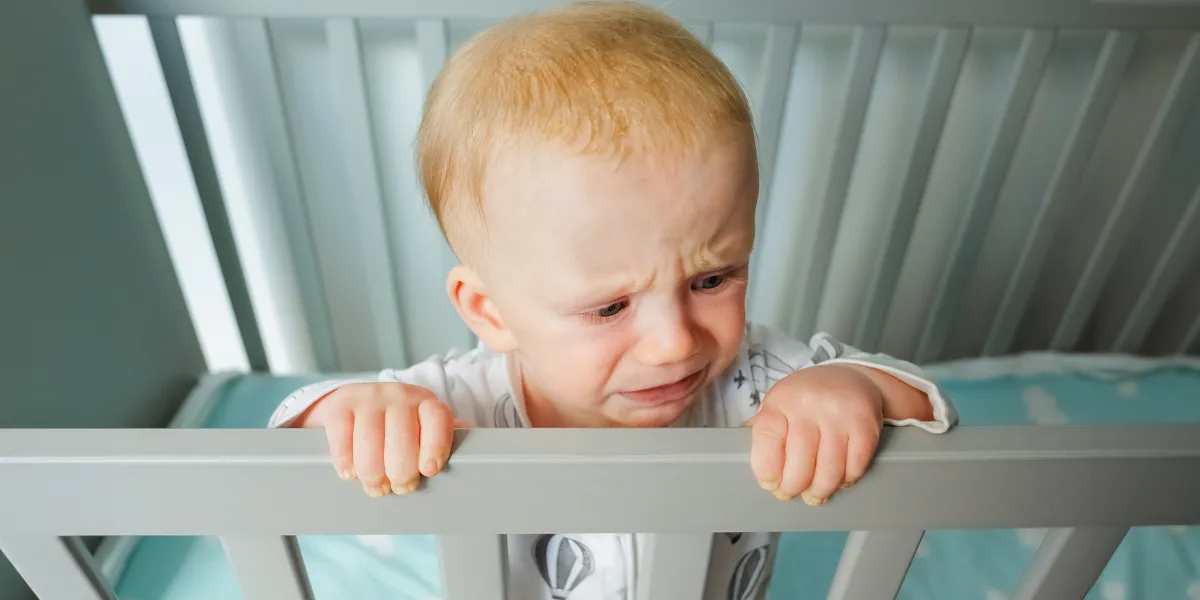One evening, I heard my 3-year-old son crying while I was in the shower. I found him covered in red paint, alone and upset, while my wife sat in the next room, engrossed in her phone. I was furious, but what I learned next opened my eyes to her hidden pain and brought us closer than ever.
It was a quiet night at home. My wife was in the living room, scrolling on her phone, while I thought our kids were fast asleep. I hopped in the shower, enjoying a rare moment to myself. But then I heard my son’s voice, faint at first, then frantic, calling for me. I rushed out, towel in hand, and glanced at my wife as I passed. “Didn’t you hear him?” I asked, annoyed. “I checked a couple times,” she said, barely looking up. Frustrated, I hurried to my son’s room, bracing for a quick fix.

What I saw froze me. My little boy was in bed, crying, his face and clothes smeared with red paint. “I made a mess, Daddy,” he sobbed. I thought it was blood at first, my heart racing, until I spotted the open paint jar from a craft time with my wife. The paint had spilled everywhere—his bed, his toys, even his hair. He’d also wet himself, and the mess felt overwhelming. “Why didn’t Mommy help?” I asked softly. “She didn’t come,” he said, his voice small. My anger grew.
I cleaned him up, bathing away the paint, but my mind was racing. My wife was still in her chair, lost in her phone, as if nothing had happened. Something was off, and it wasn’t just this night. I confronted her. “How could you ignore him?” I asked. “I tried,” she said, her tone flat. “He said you didn’t check,” I countered. She shrugged, and that silence hit like a wall. Our home felt broken.
The next day, I took my son to my parents’ house for a break. I needed to think. Feeling helpless, I called my mother-in-law. “Something’s wrong with your daughter,” I said, explaining the paint-covered chaos and her detachment. “She’s not herself.” She promised to talk to her and find out what was going on.
A few days later, she called back, her voice gentle. “It’s depression,” she said. “She’s been struggling, feeling trapped by motherhood and losing her passion for art.” I was floored. I’d been so caught up in my frustration that I hadn’t seen her pain. She’d started therapy, but she’d need me to stand by her.
Taking care of my son alone showed me how exhausting parenting was. The endless tasks drained me, and I realized my wife had been carrying that weight for years, sacrificing her creativity. I’d missed how much she was hurting. Weeks later, she called, her voice trembling. “Can you come home?” she asked. When I arrived, she looked tired but sincere. “I’m sorry,” she said. “I was lost in my darkness, and it hurt you both. I’m working on it.” Her words touched me deeply.
Over time, she started painting again, finding her spark. Her mom watched our son, giving her time to create. She began playing with him, teaching him to draw, and their bond grew stronger. Our son’s laughter filled the house again, and we felt like a family. We’re not perfect, but we’re healing, together, with newfound compassion.


